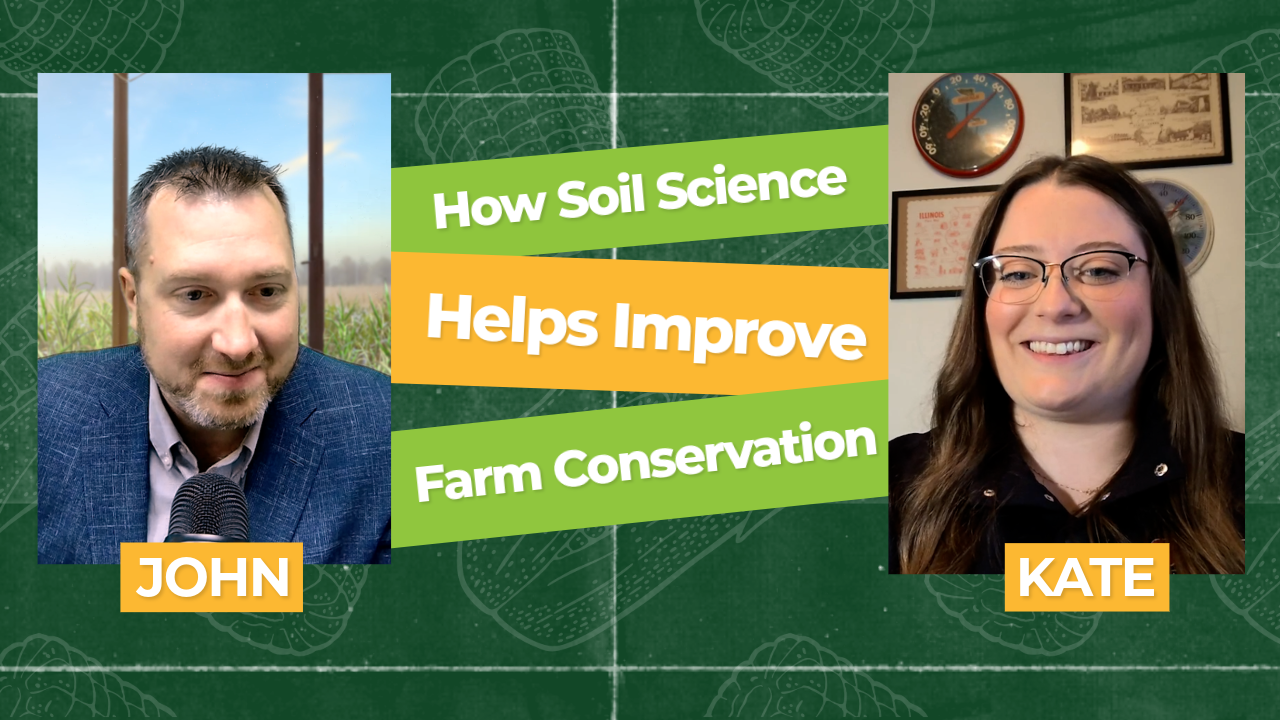From Cornfield to Capitol: How MAHA Affects Farmers
What the Make America Healthy Again Commission means for Agriculture
The Make America Healthy Again (MAHA) Commission was established earlier this year to examine how the United States (U.S.) can protect the health of its citizens. This effort is being led by Robert F. Kennedy Jr under President Trump’s administration.
The MAHA Commission has released an initial assessment (May 2025) and a strategic plan (September 2025) since its debut. These proposals directly and indirectly affect farmers.
Pesticide and Crop Inputs
Misinformation led the initial assessment to contain inaccuracies regarding pesticides, but agricultural industry leaders urged the commission to use fact-based and peer-reviewed research before publishing a strategy.
Part of that engagement involved farm visits, guided tours, and presentations to help the commission better understand agricultural practices.
Following this, the commission recommended:
- No bans or restrictions on pesticide use
- More federal research on chemical exposure levels
- Promote precision technology to reduce herbicides over time
High- Fructose Corn Syrup
The commission claims that high-fructose corn syrup (HFCS) is linked to health problems such as obesity, type 2 diabetes, and nonalcoholic fatty liver disease. There is no evidence to suggest these claims, but there are companies announcing their switch to cane sugar—Tyson Foods announced it will cut high-fructose corn syrup from its products.
Most studies have supported the idea that “from a nutritional standpoint, there’s no difference between high-fructose corn syrup and sucrose,” said Dr. Marion Nestle, the Paulette Goddard Professor of Nutrition, Food Studies, and Public Health, Emerita, at New York University.
The commission included HFCS on the list to be reformed and increase regulation. They also stated that labels should be changed if they contain ultra-processed food, which the strategy suggests includes HFCS.
Illinois farmers derive a significant portion of their market demand from HFCS – more than farmers do in other states – due to major HFCS producers in and adjacent to our state.
What this Means for Farmers
Right now, MAHA is a set of recommendations, not regulations. The commission’s strategy aims to shape future policy changes and consumer perceptions. Farmers should look for:
- Changes in ingredient demands as companies reformulate their ingredients
- Opportunities to adopt precision technology
- Public perception of agriculture’s role in shaping Americans’ health and resulting requests for regulation
IL Corn continues to share facts and research with the Trump administration, the MAHA Commission, and the public on the safety of modern farming practices and corn products.







